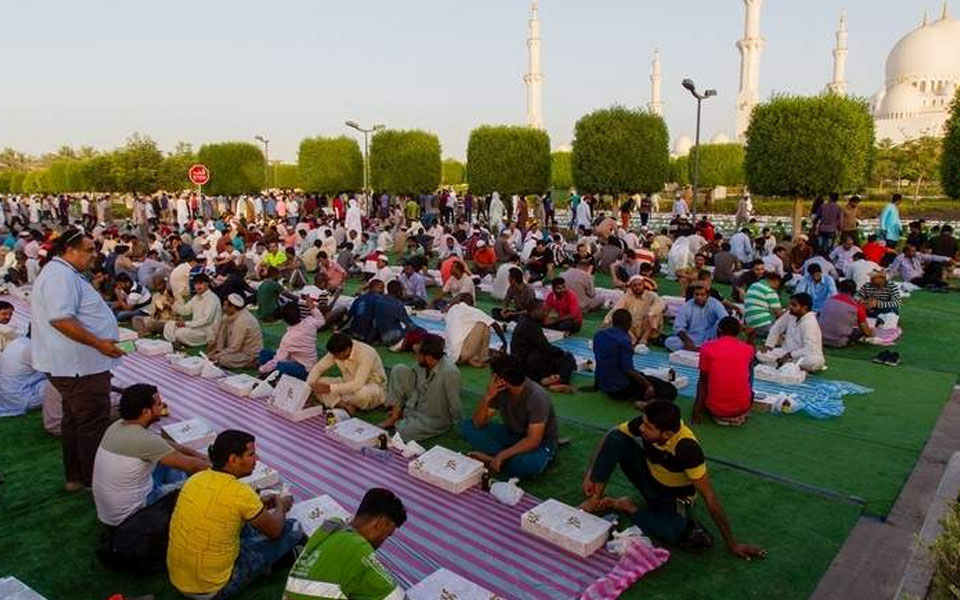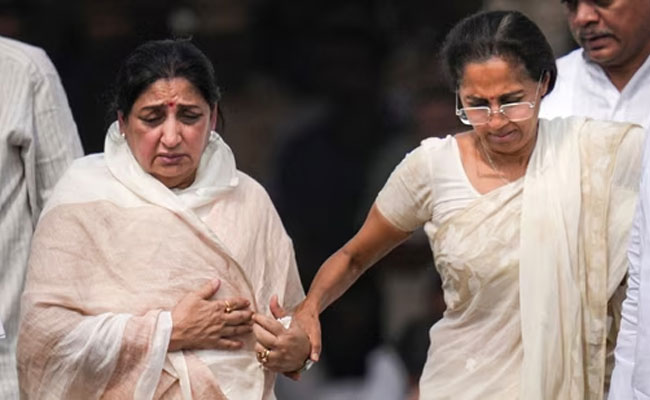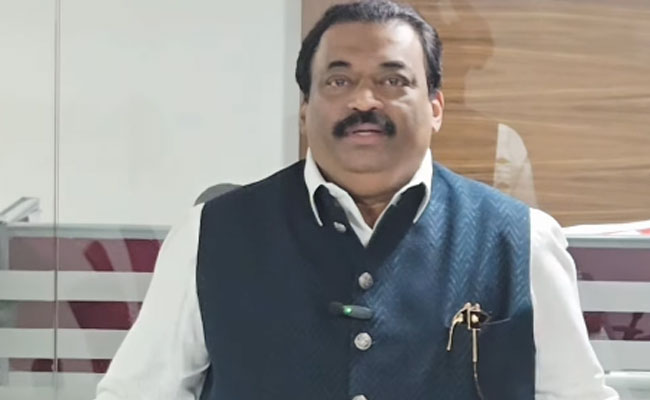Making of the UAE's largest Iftar meal that feeds 35,000 people daily at the Sheikh Zayed Grand Mosque every Ramadan is not an easy task. An army of chefs and cooking assistants work hard to deliver thousands of Iftar meals to fasting Muslims, inside the tents set up on the sprawling lawns of the iconic mosque.
About 1,000 people work all day at the big Armed Forces Officers Club and Hotel's big kitchen to produce the free Iftar meals for the worshippers who break their fast at the Sheikh Zayed Grand Mosque during the holy month.
The team consists of 350 chefs, 160 stewards and 450 service staff - including purchasing, store, hygiene and safety - all work hand-in-hand to prepare and put together the Iftar meals.
"To present the meal boxes to the fasting guests every dusk, we have upgraded our services with new ideas such as improving our parcel boxes, change of equipment in the kitchen for more health and safety measurements and efficiency to prepare this big amount of food and to improve on the standards, decoration and accuracy as well," said Karsten Gottschalk, executive chef at the Armed Forces Officers Club and Hotel in Abu Dhabi.
At the kitchen, the staff uses 12 tonnes of chicken and six tonnes of lamb are used each day in addition to other products and ingredients such as rice, vegetables, tomatoes and onions, amounting to 35 tonnes.
A meal box also includes an apple, water, dates, laban drink and fruit juices. After the meal parcels are packed, they are taken over to the nearby Sheikh Zayed Grand Mosque.
Eleven huge air-conditioned tents have been erected in the mosque gardens - with each accommodating up to 1,500 people.
Volunteers from the UAE Red Crescent also help the group from the UAE Armed Forces in calling on and directing people to take seats well before the canon goes off announcing the ending of the fast and Maghrib prayer.
Tim Kasozi, 32, an Ugandan taxi driver, said last year was his first time he broke fast at the Grand Mosque since moving to the Capital in 2015. "It's such a cool and comfortable place," he said. "I was impressed by the great organisation. I had never had chance to have Iftar with such a big number of people."
Bangladeshi construction worker Omar Abdul Kareem who lives at a labour accommodation in Mussafah said their company bus transports them daily to the big Iftar. "I go to the Sheikh Zayed Grand Mosque every day to end my fast. The food served is really good."
Abdul Kareem added that he's been having the free iftar for the past three years. "It's a good thing for me given my Dh1,000 monthly salary," he said.
Bachelors and families from the city centre and thousands of workers from labour accommodations in Mussafah, Mafraq and Baniyas flock to the Grand Mosque daily using cars and the free shuttle service to and from the mosque to their accommodations.
What is in the mealbox
► Apple
► Water
► Dates
► Laban drink
► Fruit juices
► Rice with meat or chicken
Who prepares the food
A total of 1,000 people work all day at the big Armed Forces Officers Club and Hotel's big kitchen to produce the free iftar meals for the worshippers who break their fast at the Sheikh Zayed Grand Mosque during the holy month.
The team consists of 350 chefs, 160 stewards and 450 service staff - including purchasing, store, hygiene and safety - all work hand-in-hand to prepare and put together the Iftar meals.
courtesy : khaleejtimes.com
Let the Truth be known. If you read VB and like VB, please be a VB Supporter and Help us deliver the Truth to one and all.
Mumbai (PTI): NCP's Rajya Sabha member Sunetra Pawar will be sworn-in as the Deputy Chief Minister of Maharashtra, replacing her deceased husband and party chief Ajit Pawar, at the Lok Bhavan here at 5 pm on Saturday.
Lok Bhavan (formerly Raj Bhavan) gave this information.
Governor Acharya Devvrat, who is currently in Mussoorie, will arrive in Mumbai at 4 pm, it said.
NCP's legislature party meeting is scheduled to take place in the city at 2 pm, where Sunetra Pawar is set to be named as its leader. After that she will take oath as the first woman deputy CM of the state.
She held talks with party leaders after arriving here from Baramati early morning on Saturday.
Ajit Pawar, who was deputy chief minister and finance minister in the Devendra Fadnavis-led Mahayuti government, was killed in a plane crash in Baramati along with four others on January 28.





